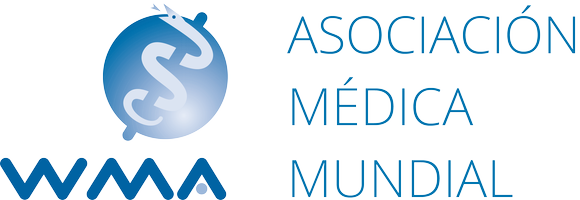Patients’ safety should be at the core of medical research
The World Medical Association (WMA) and the Standing Committee of European Doctors (CPME) welcome the broad adoption of the Willmott report on clinical trials yesterday in the European Parliament’s Environment and Public Health Committee (ENVI).
The adopted report is a clear step forward in comparison to the Commission’s proposal since it reintroduces ethics committees in the regulation, it reinforces provisions for the protection of vulnerable populations and guarantees more transparency with the publication of all clinical trials results.
However, the WMA and the CPME still have serious reservations with regard to the concrete role foreseen for ethics committees in the authorisation process of clinical trials. The adopted text as it stands only requires a simple «examination» by an ethics committee for a clinical trial to be authorised. Dr Katrín Fjeldsted, President of the CPME, welcomes “the last minute introduction in the text by the Members of Parliament of a reference to the WMA Declaration of Helsinki”. However, Dr Fjeldsted stresses that “Article 15 of the Declaration of Helsinki is crystal clear: a clinical trial cannot start if the ethics committee has not formally approved the trial protocol. This principle is globally accepted since 1975 and is even legally enshrined in the current applicable EU Directive. We therefore urge EU policy-makers not to get below standards of the 20thcentury and abolish decisive involvement of ethics committee which is absolutely crucial to patients’ safety.”
Additionally, the medical profession is particularly worried by the new Article 29.3(a) by which a clinical trial could start without the prior informed consent of the patients concerned. Dr Cecil Wilson, President of the WMA, gave voice to strong concerns stating: “Patient participation in clinical trials is essential to medical progress. Continued participation is dependent on trust in those who are doing the research. Without a requirement for informed consent prior to starting a clinical trial, that trust is in danger of being lost.”
Finally, we warmly welcome the recognition of the key role of medical doctors in the assessing team of the clinical trials. Thanks to their training, knowledge and experience, physicians possess the required ethical insight and scientific skills to ensure patient safety. We are confident that policy-makers will duly recognise this role also in the composition of ethics committees and as investigators.
For further information please contact
Otmar Kloiber
WMA Secretary General
+33 4 50 40 75 75
wma@wma.net
Birgit Beger
CPME Secretary General
+32 27 32 72 02
secretariat@cpme.eu
